Pond algae is unsightly to most pond owners. Finding a balanced growth of healthy algae is really quite easy once you have a general understanding of a few basic principles and water treatments. As long as you remember, “There is no such thing as an algae free pond”, you will have a better grasp on the subject when dealing with pond cleaning in the spring or fall.
String Algae Is The Most Common Issue With Most Water Features
Pond algae is a sign of a healthy ecosystem. Typically a new pond, a year old, or less, may experience a couple of stages where algae is more prevalent than on that of a mature pond even if you have a regimented water treatment routine. Even on mature ponds, it is not uncommon to experience algae blooms during the change of seasons from winter to spring or during the hottest days of summer when we get extreme heat waves. Need Help with your algae problems? We service Morris, Passaic, Essex, Bergen, Union, Somerset Counties In the North part of New Jersey (NJ).
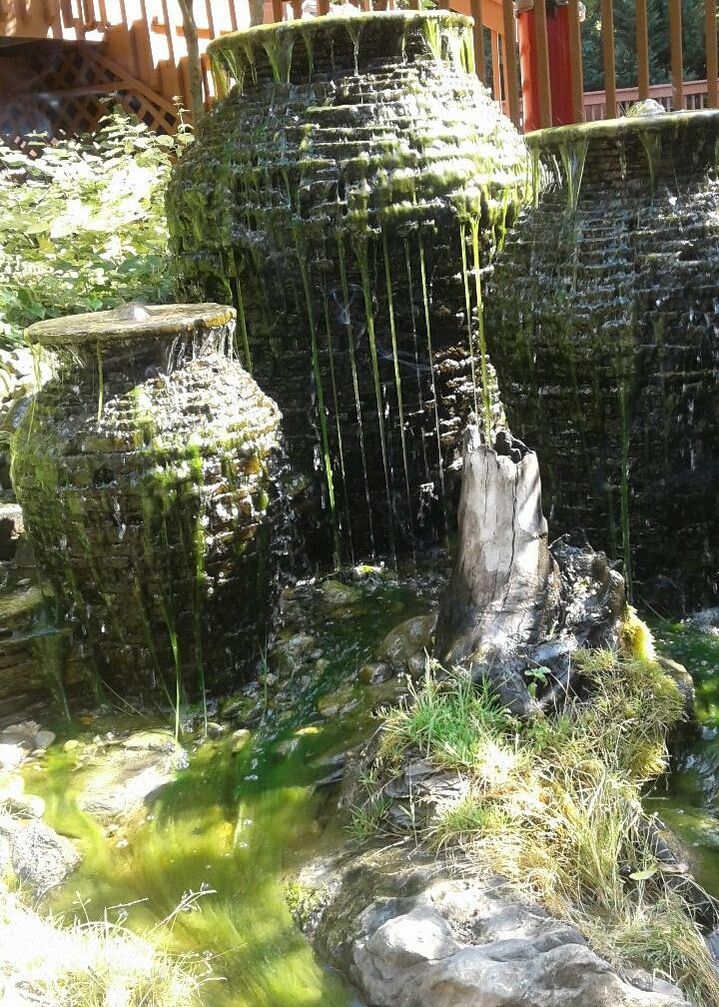
If you’d had enough, and don’t even feel like reading or searching for more info, just give us a call. We’ll help you out.
Most Common Pond Algae Issues and Causes
Improper or not enough filtration
Contrary to popular belief, a pump sitting at the bottom of your pond is not an actual working filter. Most pieced together ponds have a mix-match of products in hopes of proper filtration. There are many systems that work really well, but they all take a pre-set amount of routine maintenance.
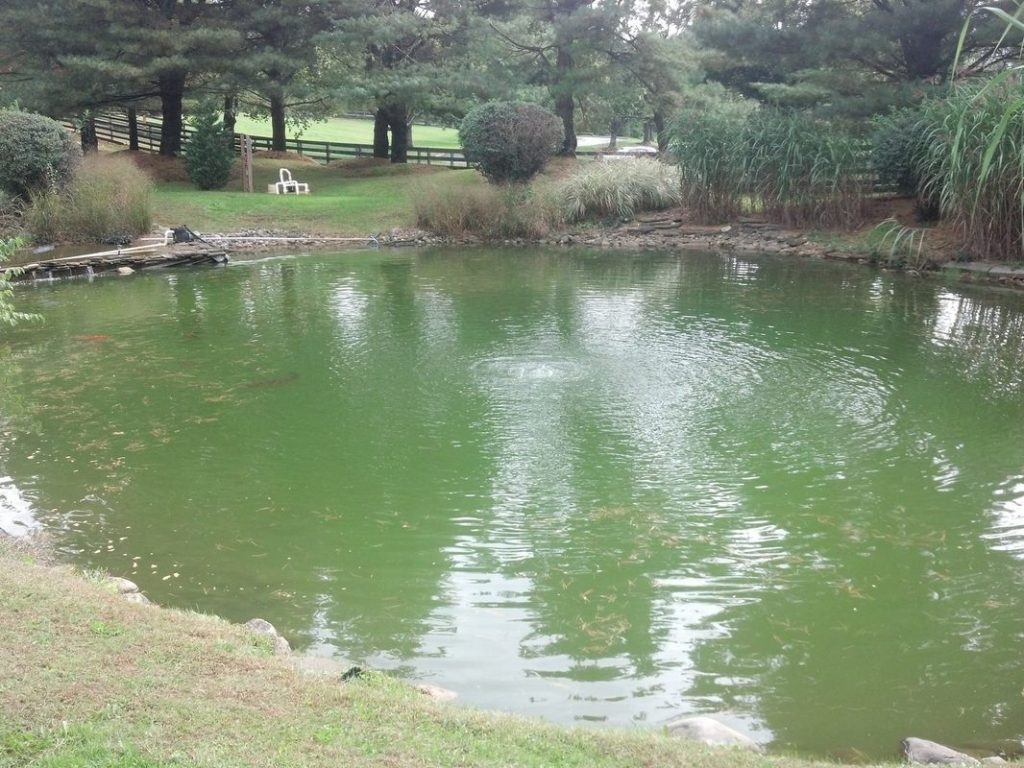
Lack Of Routine Maintenance
Unfortunately, with pond filtration systems that look like this, regular back-washing and refilling expelled water can put a strain on your free time, and make it easy to neglect, causing a backup of alternate issues that compound themselves in multiples. You see green water, we see crashed ecosystems.
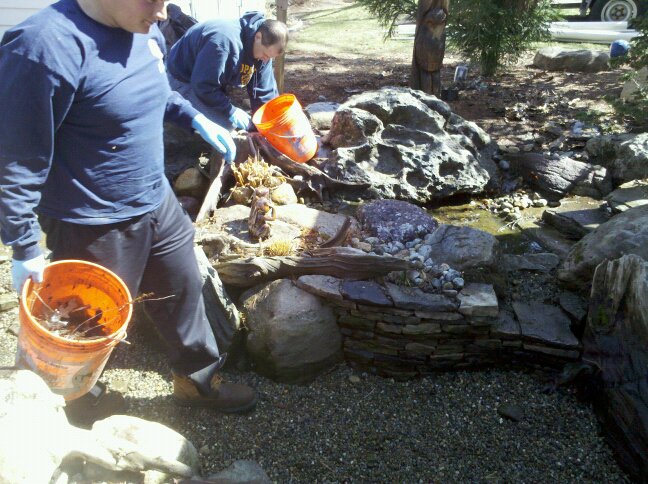
Too Many Fish or Over Feeding
Ponds that are overstocked with too many fish certainly promote pond algae. It is so tempting to buy and buy, forgetting that the koi we buy are babies. As they grow, we have an even more acute lack of space, and process ever growing waste. Imagine a 4 inch baby has grown to 1 foot, 3 times it’s size, in few months! The end result is increasing nitrogen levels, which in turn becomes nutrients for algae blooms.
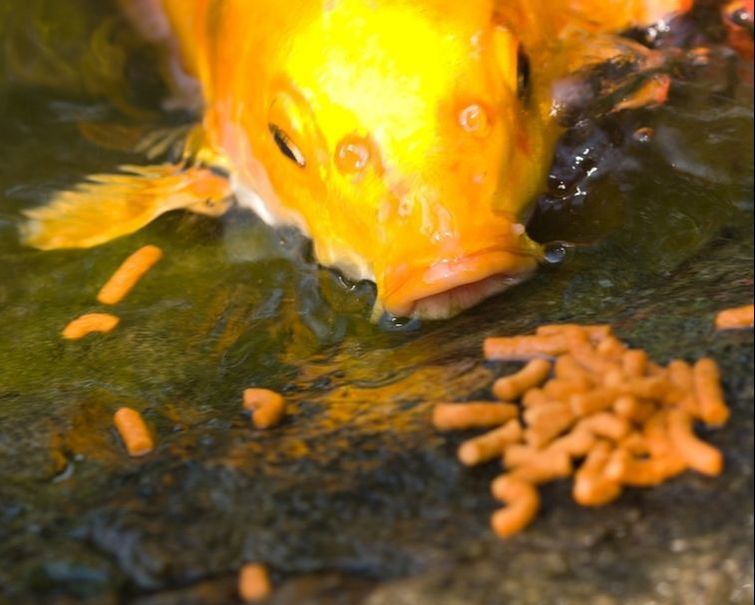
Improper Pond Circulation
Poor pond circulation occurs most usually when encountered with the cost of replacing a burnt out pond pump. Most often, people opt for a smaller pump to save money, but ultimately cause major circulation issues, which they then battle with endless additives and mixtures trying to solve a problem caused by less circulation.
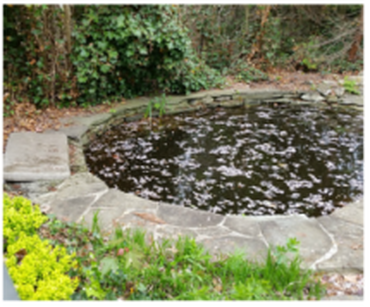
Excess Rainwater Nitrogen
We have noticed over the years that we receive many phone calls about algae blooms after long, heavy, rainy periods. The rainwater is full of nitrogen which is ultimately a fertilizer that algae can feed on. Having poor filtration, or low circulation will enhance the algae blooms based on how much rain the pond has collected.
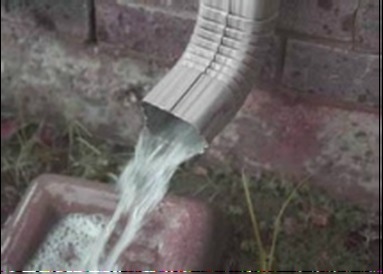
All that info make you tired?
Don’t worry. Here’s some pretty photos you can look at to destress.

Founder & Master Pond Builder
Jaak Harju is the founder and master pond builder of Atlantis Water Gardens, a family-owned design and build firm specializing in natural-looking ponds, waterfalls, and ecosystem water features. Since 2000, Jaak has dedicated his career to creating outdoor environments that inspire connection with nature.
With a background in landscape design and construction, Jaak brings artistry and precision to every project. He’s known nationally for his creative stonework, ecological pond design, and educational outreach within the pond-building community. Through his work, videos, and collaborations with other Aquascape-certified contractors, Jaak has helped redefine backyard water features as sustainable, living ecosystems.